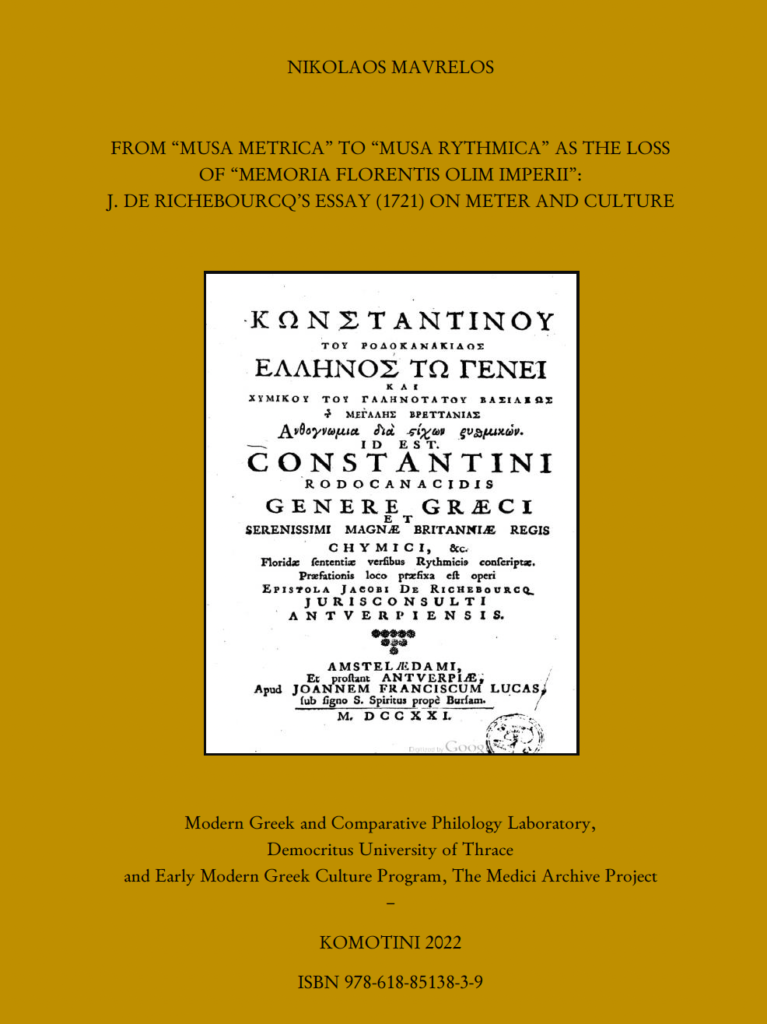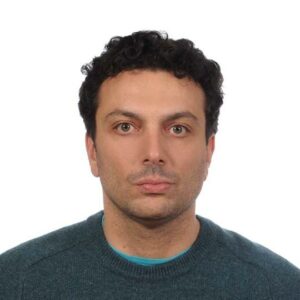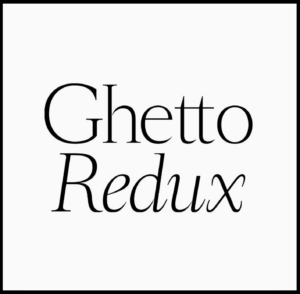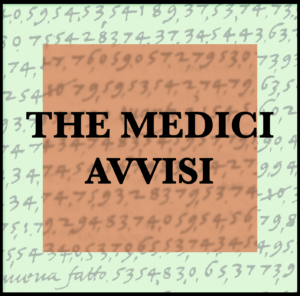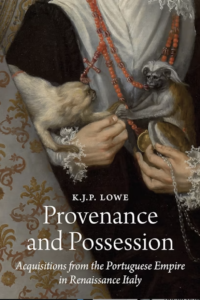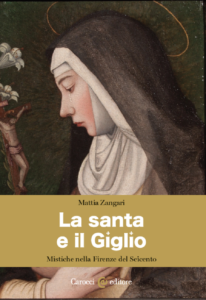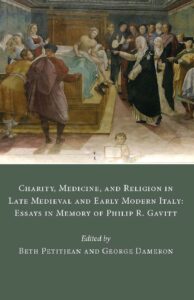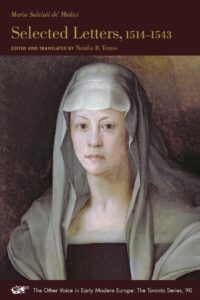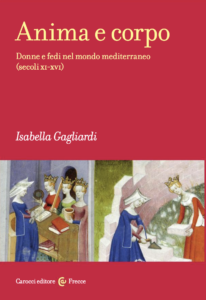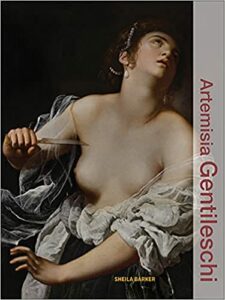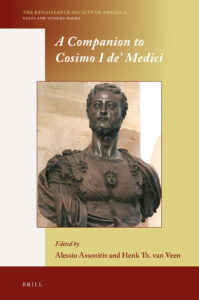The profound impact of ancient Greek culture on the construction of Humanist discourse in Quattrocento Florence has been the topic of intense scrutiny and research. The Medici—from Cosimo the Elder to Lorenzo the Magnificent—played a crucial role in pioneering this cultural and intellectual efflorescence, especially in the aftermath of the Fall of Constantinople in 1453. Byzantine luminaries, such as Ioannes Argyropoulos, Demetrios Chalkokondyles, and Janus Laskaris—just to name a few—contributed to the evolution of Neoplatonic philosophy in Florence and, as such, they helped shape the European intellectual tradition. Comparatively less effort, however, has been devoted to the study of the Greeks and Greek culture in sixteenth- and seventeenth-century Tuscany, especially in comparison to scholarship on Greeks in Venice, Rome, and Naples. The Medici archives (particularly the Mediceo del Principato and the Miscellanea Medicea) comprise copious information on Greeks, not only in Tuscany but also in the Southern Mediterranean, Nothern Europe, the Balkan region, and, most importantly, the Ottoman Levant. News about Greek communities and their mercantile activities appear frequently in the correspondence, dispatches, and reports of Florentine ambassadors posted in those regions. Additionally, there are substantial records about the relations between “Tuscan Greeks” and the vast networks of Greek communities, especially across the Eastern Mediterranean.
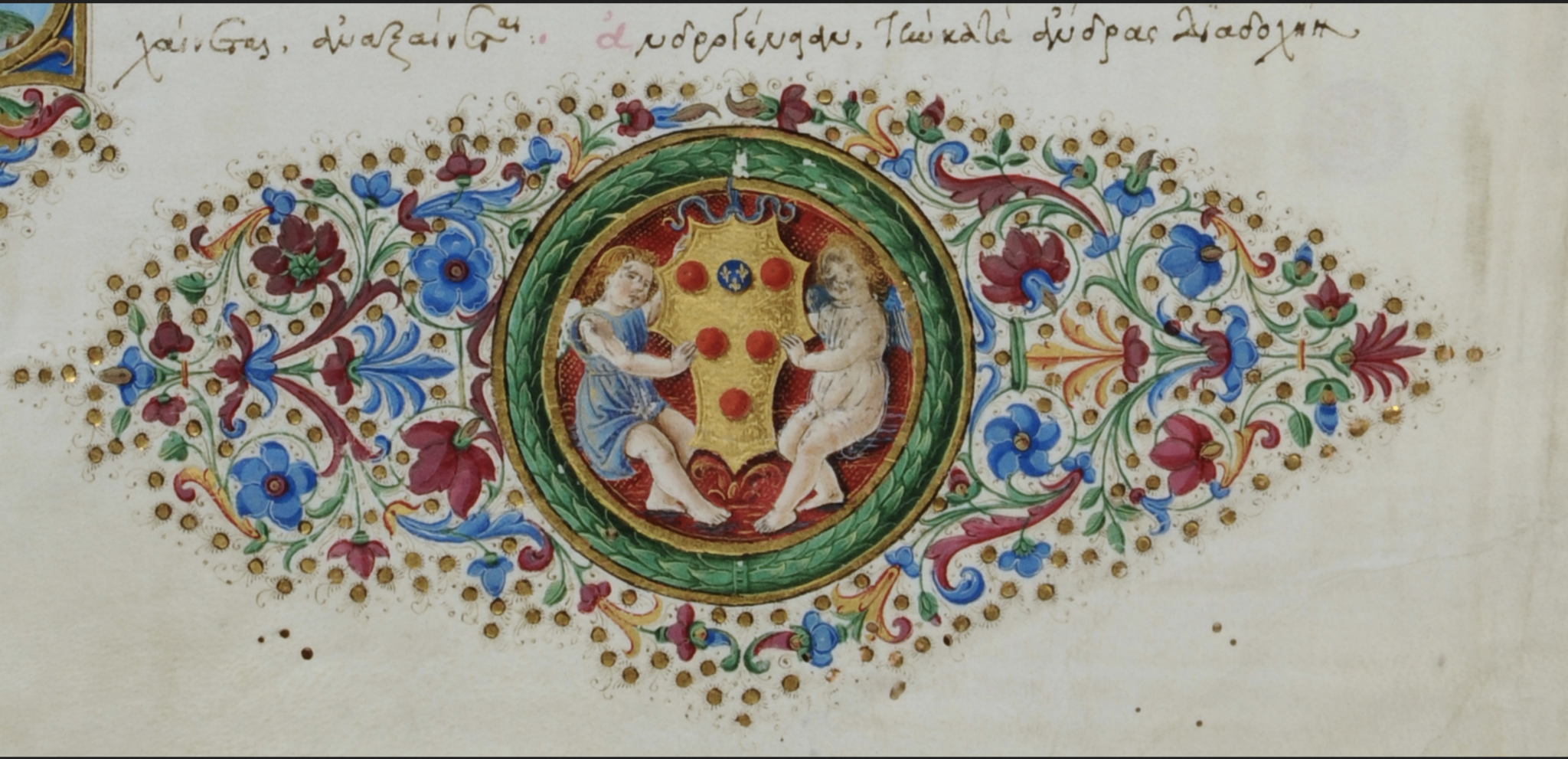
The aim of this program will be to uncover new sources and documentary evidence about the presence and activities of Greek communities in early modern Tuscany and to chart their networks in Italy and Europe. Another key objective of the program will be to shed new light on the factors that contributed to the formation of Greek identity. The program will explore synergies with other programs at MAP and other research and teaching institutions worldwide. Its ultimate objective will be to delineate new avenues for research into the Greek identity and diaspora and illuminate the background of the “Modern Greek Enlightenment” (1700s-1800s).
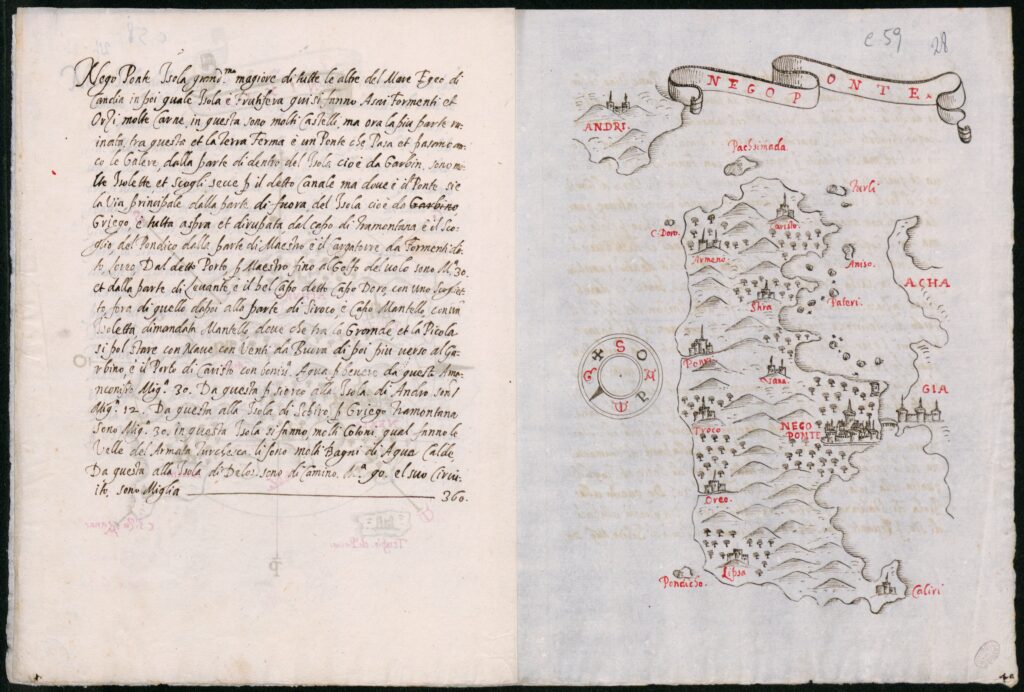
The activities of the program will include: publications and critical editions of archival records, conferences, workshops, and exhibitions. The program will also sponsor fellowships for pre-docs and visiting scholars related to the following themes:
- The post–1453 Greek Diaspora in Italy
- Greek Communities in the Mediterranean and their relations with the Medici
- Mercantile activities
- Religious discourse
- The evolution and preservation of Greek koinē (language)
- The preservation of ancient Greek culture
- Italian perceptions of early modern Greeks and Greece
- Greeks as purveyors of news from the Ottoman Levant
STAFF
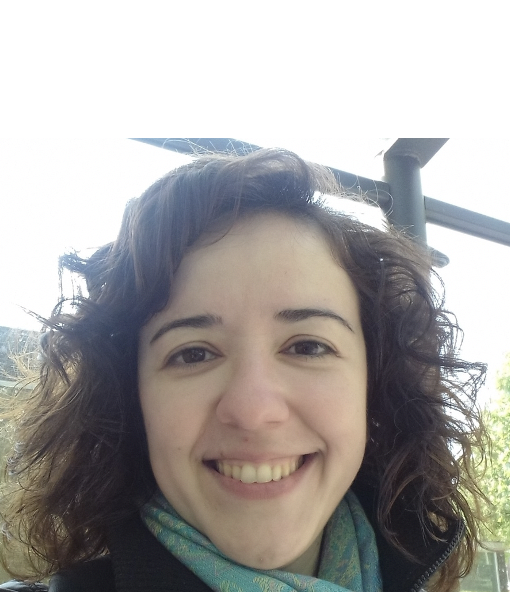
Evi Zacharia
Publications Manager
Evi Zacharia is currently a Ph.D. candidate of Philosophy at the Faculty of Philosophy, Theology and Religious Studies at Radboud University Nijmegen (title of Ph.D thesis: “On Soloviev’s View of the Relation between Sophia and Love.” Her research interests converge at the history of paganism, Christianity, Russian Philosophy, German Idealism, and Philosophy of Religion (especially Christian and Kabalistic mysticism). Her articles have been published in international peer-reviewed journals (Czech and Slovak Journal of Humanities, Dia-noesis, and Discoursal Text).
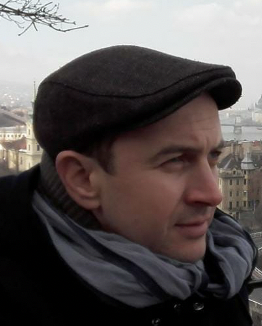
Nikolaos Kyfonidis
Senior Communications Liaison – Greece and Cyprus
B.A. University of Stirling, MSc Göteborgs Universitet
Nikolaos has extensive international experience spanning over the past eleven years in the fields of politics and migration. Work experience in the Greek Mission to the EU in Brussels gave Nikolaos the opportunity to collaborate with various EU bodies and institutions. This was followed by a stage at the Embassy of Greece in Tokyo, Japan.
After returning to Greece, Nikolaos worked as a Junior Researcher for a UN University project on migration and then moved to field operations. He was among the first coordinators through the International Organization for Migration (IOM-UN) to handle migration flows to Greece.
He has worked with various organizations, including the Norwegian Capacity/Norwegian Refugee Council (NORCAP/NRC), the World Federation of United Nations Associations (WFUNA), and the European Asylum Support Office (EASO). Nikolaos participated in the International Visitor Leadership Program of the U.S. Department of State in Washington, Arizona, and Minnesota regarding resettlement and integration.
